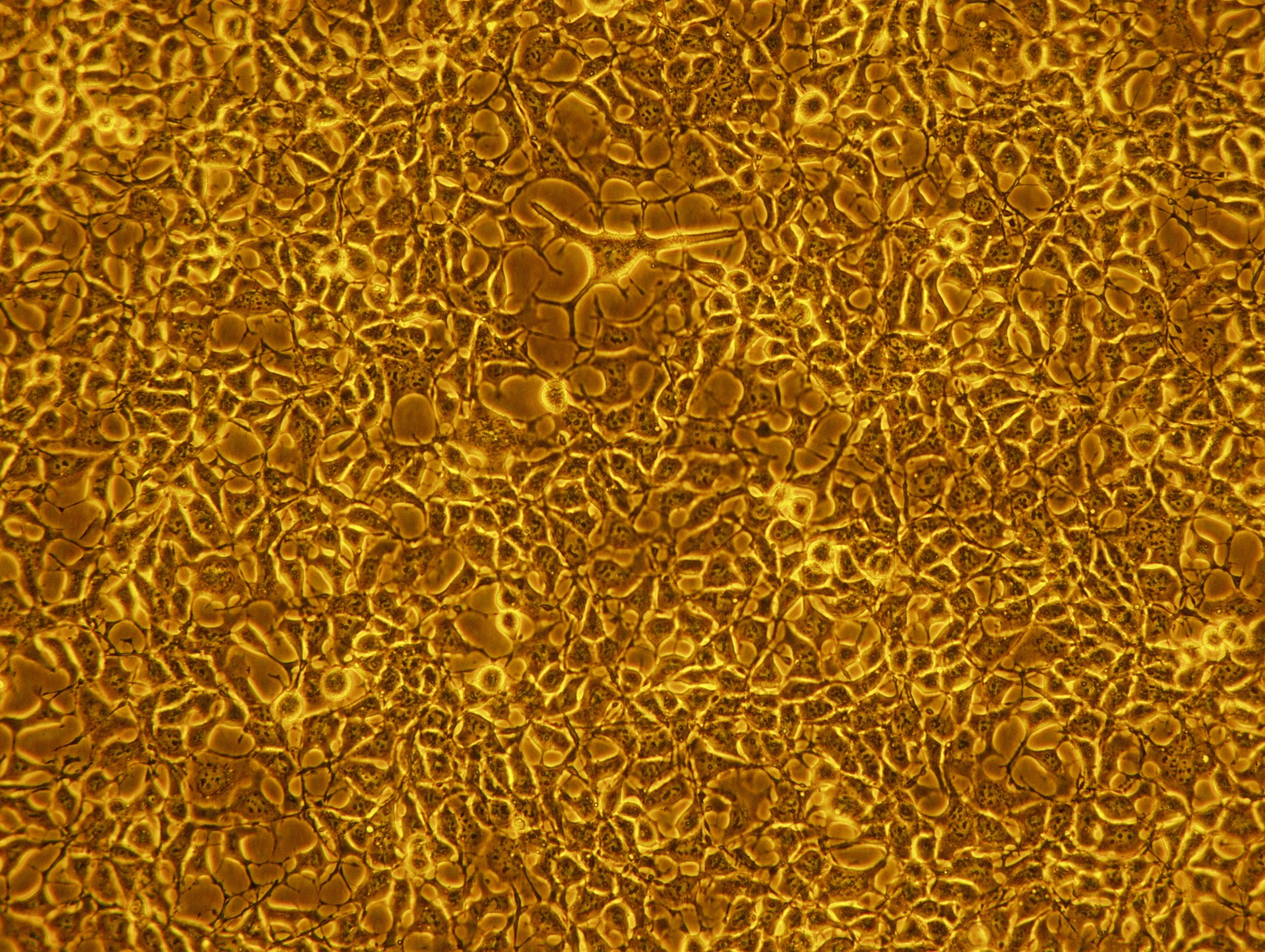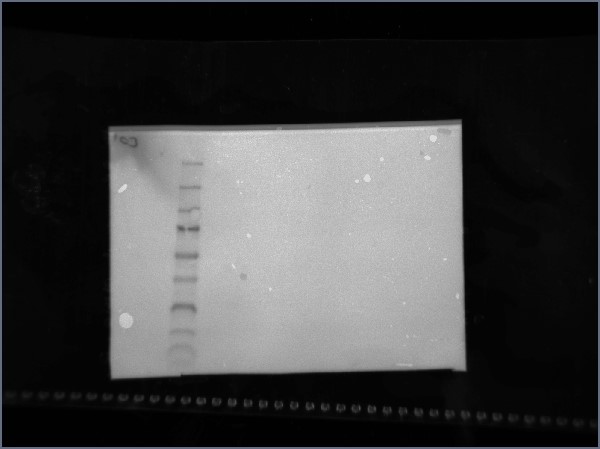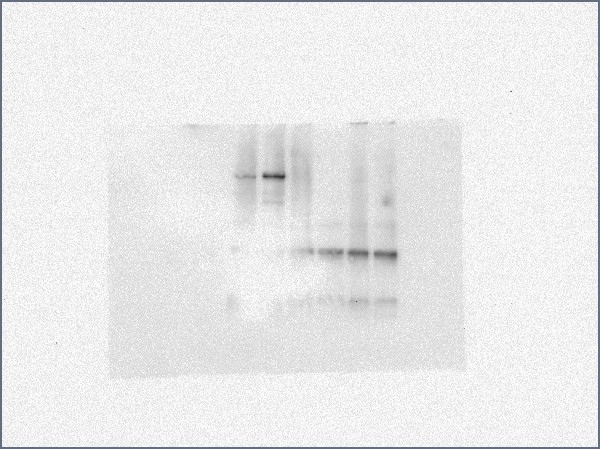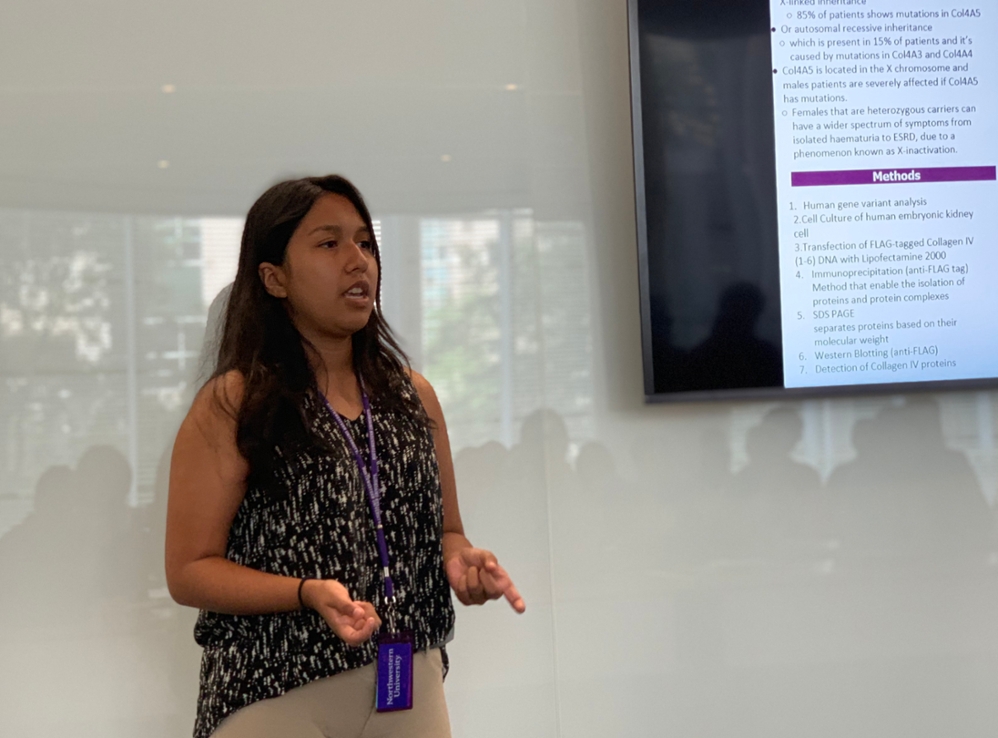SciHigh Student Learns How Imperfection Makes for Better Science
Exploring Science and Learning Mistakes are Opportunities
By Monserrat Estrada
Since I’ve entered into the program, I have learned extensively with the help of my mentor, Dr. Jin. Being in the program gave me an opportunity to be able to discover my love for science and research. Coming into the program I didn’t know what to expect, but I always wanted to do hands-on research and sought the opportunity to discover what part of science I might be interested in since I didn’t know how to put a name to it. The NUGoKidney SciHigh Summer Program gave me the opportunity to do experiments in a real lab and talk to other doctors and researchers working in different fields. Before SciHigh, I didn’t know how to put a name to what I might want to study coming into college until they gave me the opportunity to explore science at Northwestern.
Exploring Different Areas of Science
Currently, I’m very interested in neuroscience and also different types of mental illnesses. I’ve been reading a lot of books of trauma and how it can affect a child’s mind in the long run or going into adolescent years and adulthood. As part of SciHigh, every Tuesday I got the chance to attend seminars where doctors in different fields got to talk about their experiences and their everyday life when working with patients of all ages from kids to adults. A lot of the presenters had an interest in neuroscience and worked with patients with epilepsy who suffered from seizures. It was interesting listening to how different doctors approach the problem that each patient has and their experiences working in clinical side of science. Not only did the program give me an opportunity to work with researchers and doctors but it also opened me up to different fields of medicine. Doctors shared about their careers and how they got there, and it seemed like most of them had some purpose and motivation to do what they were doing and to keep doing it which amazed me a lot.
The first few weeks of the program were difficult at first because it was out of my comfort zone since it was a new experience that I was about to enter. Seeing the labs and looking at what people were working on made it a little intimidating. My mentor, Dr. Jin, and everyone that is working with my mentor made me feel more comfortable, and they all helped me through each step knowing very well that I only have learned high school biology and chemistry.
Discovering More about Kidney Disease

I spent the first few days trying to get more insight into kidney disease and the different parts of the kidney because I haven’t taken any type of anatomy so I was a little lost. I also refreshed knowledge in biology because it was a great factor in what I was going to do throughout the summer. As I started to research more about kidney disease, I found myself getting interested in the topic because of the variety of kidney problems a patient can have no matter how small or big the disease can be. My mentor gave me a task to research Alport Syndrome, a type of kidney disease. After researching enough, my mentor showed me how to culture some cells called HEK293 (Human Embryo Kidney Cells). One of my responsibilities was to take care of them by changing their dishes every 3-4 days depending how they look.
The cells pictured above are an example of cells looking great in the state that they were in one day. As the week went by my mentor then gave me some experiments to do with the cells. The objective of the experiments that I was going to perform throughout the summer was to show how DNA mutations can affect the chance of getting kidney disease. In Alport Syndrome, a protein called Collagen IV alpha 5 has been shown to play a great role in Alport Syndrome, especially in men. Collagen IV is part of the Glomerular Basement Membrane (GBM) as well as Laminin. Once we had the goal that we wanted to reach, we then put it to the test. We went into a series of protocols in order to achieve what we wanted.
We did an experiment called Transfection with Lipofectamine 2000, which is simply putting DNA into the cells I had already cultured. After that, we went into other series of experiments called Immunoprecipitation, Gel Electrophoresis, and Western Blotting, which is very common in the lab to be done. Our goal throughout all of this was to be able to express Collagen IV alpha 5 protein. However, when we took the picture below after we were done with the Western Blotting, it showed that only Collagen IV alpha 1 and alpha 2 showed. After the results were in, I then realized that experiments are not going to be perfect and that not everything is going to be as precise like I was expecting.


Learning Mistakes can be Opportunities
Throughout this whole experience, I’ve learned not everything needs to be perfect and that mistakes are permitted and can be learned from. I learned so much in this program and especially from my mentor who he helped me so much. I also like how independent I felt working at the lab. I had my own desk with my own things, and I got to work on my projects and research what I needed to do in order to do the experiment. My time in the program has been very pleasant because everyone made me welcomed and very comfortable. Because of this program, I discovered a love for science, and I would love to study that more in the future.
